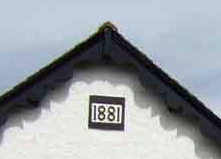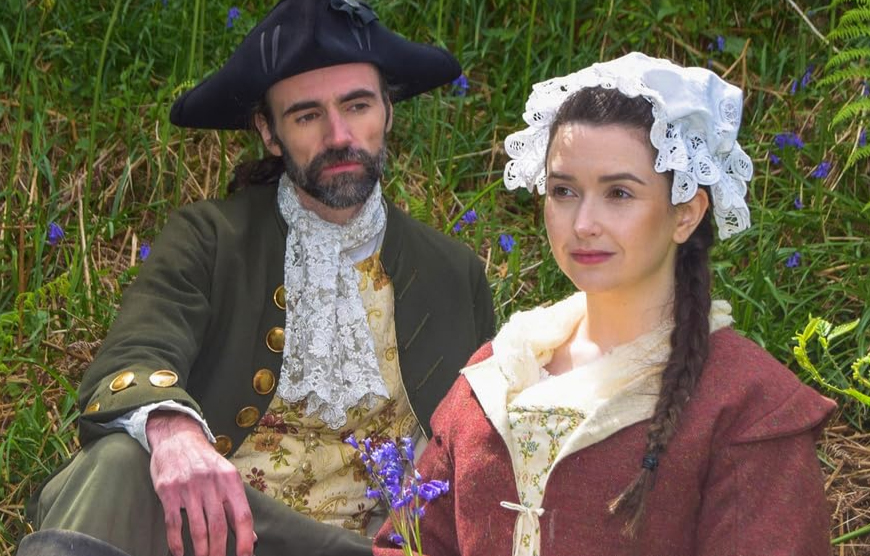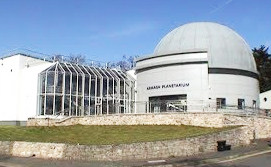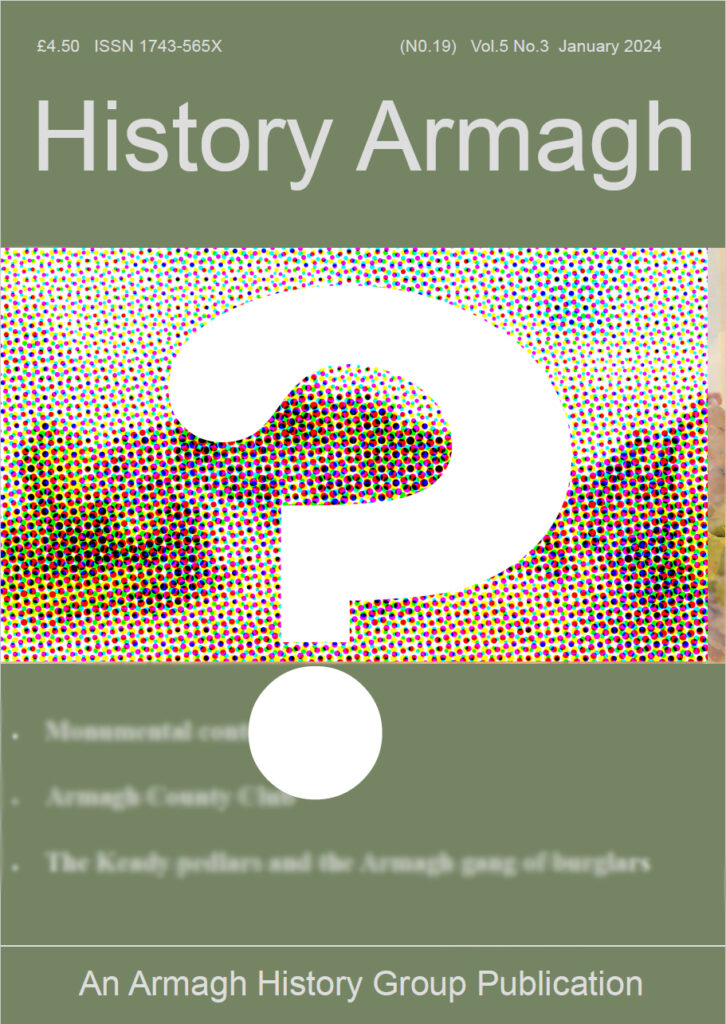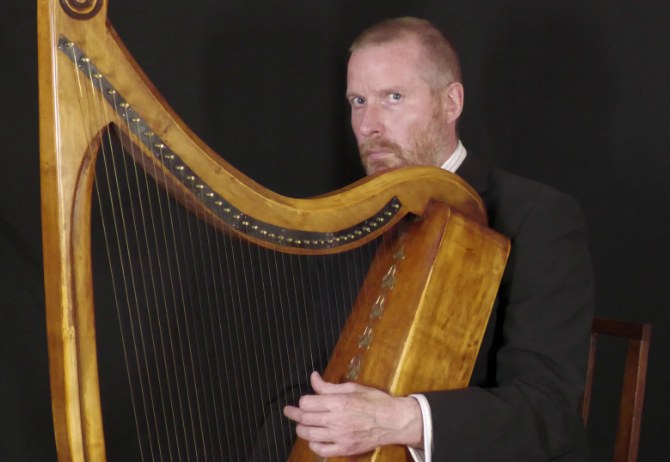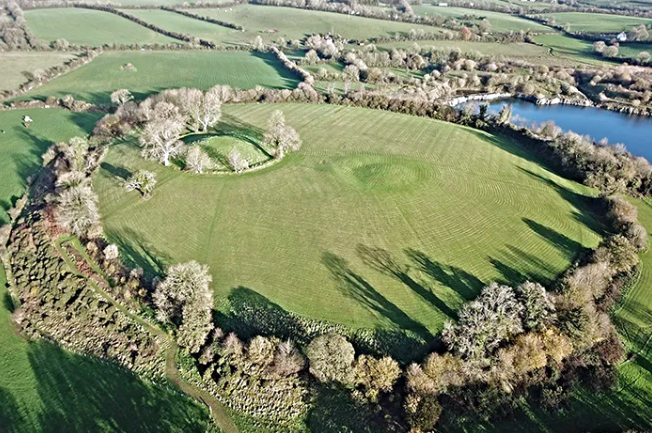Our next monthly meeting will take place next Wednesday, 11th October at 7:00 pm in the Observatory Library.
Our speaker this month is Eoin Maginness, who will be discussing:
Gender and the Irish Revolution in County Armagh, 1918-1924: The case of Nano Aiken
Nano Aiken was born Annie Aiken on 11th August 1896, the daughter of James Aiken and his second wife Mary McGeeney. James Aiken was a successful farmer living in Carrickbracken, Camlough, and as such became a public figure. He held positions as chairman of Newry’s Board of Poor Law Guardians, chairman of Newry No 2 Rural District Council and Justice of the Peace for county Armagh.
James Aiken died in 1900 , and his wife Mary in 1913, Nano’s younger brother Frank became involved with the Caml;ough Volunteers in 1914, and by 1918 Nano and Roisin Ni Beirne were organising republican women in the Camlough area in Cumann na mBan.
To find out more come to the talk.





